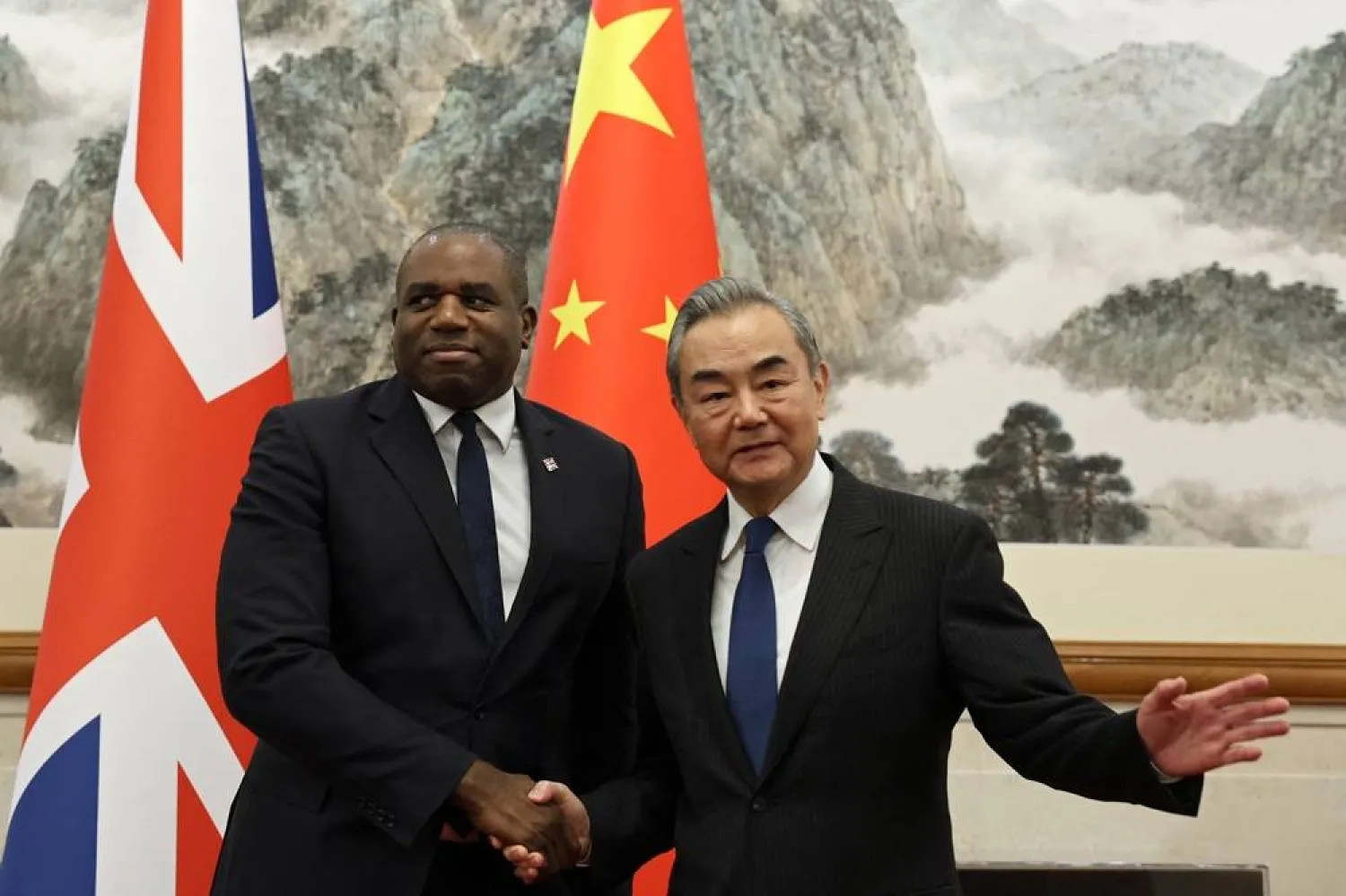Britain's foreign secretary has called engagement with China “pragmatic and necessary” as he makes his first visit by a Cabinet minister since the Labor government took control in July.
David Lammy met Friday with Vice Premier Ding Xuexiang and held talks with Foreign Minister Wang Yi later the same day.
Wang said China and the UK should boost economic cooperation and find areas of consensus in global politics, despite areas of deep disagreement.
“China is willing to work with all countries, including the UK, to seek peace for the world and pursue development for mankind,” Wang was quoted as saying.
Lammy's two-day trip is an attempt to reset ties with Beijing after relations turned frosty in recent years over spying allegations, China’s support for Russia in the Ukraine war and a crackdown on civil liberties in Hong Kong, a former British colony that is now a part of China.
The Foreign Office said he would also hold talks with British businesses in Shanghai to discuss “how our economic links with China support growth in the UK”.
Speaking before travelling to the country, Mr. Lammy said it was important to speak “candidly” about “both areas of contention as well as areas for cooperation in the UK’s national interest”.
“From stopping Russia’s illegal invasion of Ukraine, to supporting a global green transition, we must speak often and candidly across both areas of contention as well as areas for cooperation in the UK’s national interest,” Lammy was quoted as saying in a Foreign Office news release.
He is also expected to urge China to stop its political and economic support of the Russian war effort.
The US sanctioned two Chinese companies on Thursday for allegedly helping Russia build long-range attack drones used in the war in Ukraine. The Chinese Embassy in Washington said the allegations were false.
The last British foreign secretary to visit China was James Cleverly in 2023, when he underlined the importance of maintaining regular dialogue with Beijing despite differences.









